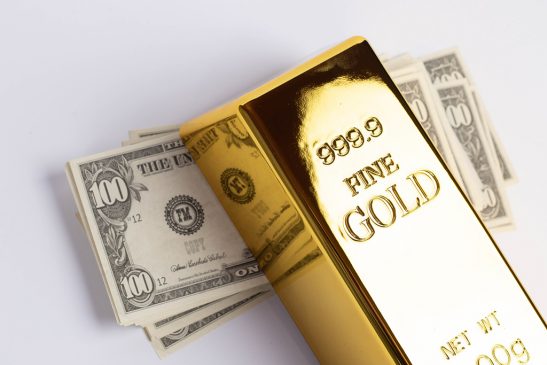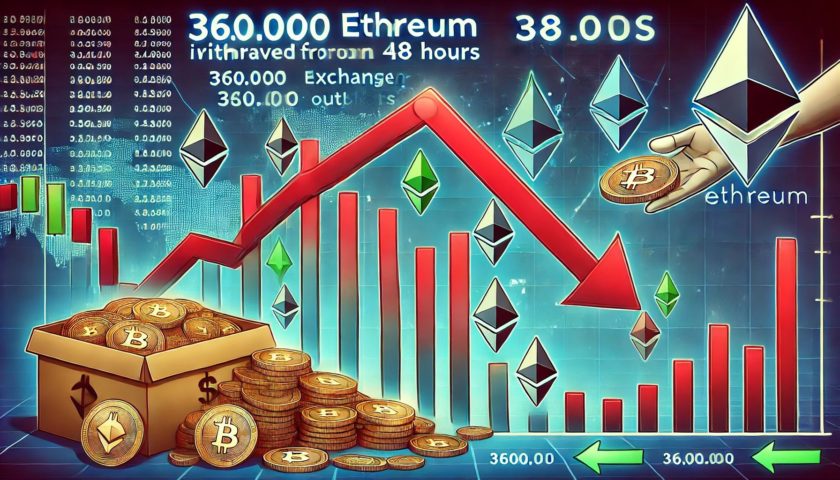The price of gold jumped on Wednesday after two happenings in the monetary sector affected the ongoing market direction. The first is the inflation rate. The U.S. Bureau of Labor Statistics said on Wednesday the U.S. consumer inflation rate grew by 2.1% in September.
The second one is considering the interest rate. After lowering them three times this year, the Federal Open Market Committee announced on Wednesday it unanimously decided to keep interest rates unchanged. The statement from the central bank said the target range for the federal funds rate will remain at 1.50%-1.75%, as appropriate to support the sustained expansion of economic activity, strong labor market conditions, and inflation near the Committee’s symmetric 2 percent objective. Federal Reserve Chairman Jerome Powell said that he believes that inflation has to be persistent for rates to be increased.
“In order to move the interest rates up, we need to see a significant, persistent move up in inflation,” Powell asserted, adding that the “year-end money market pressures appear manageable.”
Be it as it may, when inflation rises, traditional assets don’t seem so lucrative. Therefore, the demand for more stable assets rises. Precious metals jumped on Wednesday as stocks gathered between narrow gains and losses. Gold for February settlement rose $10.50, or 0.7%, to $1,478.92 a troy ounce on the Comex division of the New York Mercantile Exchange. It was bullion’s highest level in the last six days. The price of silver futures rose 16 cents, or 0.9%, to $16.86 a troy ounce. Gold’s premium over silver fell 0.6% to 87.32 ounces. This represents a stabilization of the situation regarding the metals’ price as the previous week they’ve crashed pretty seriously. Only after increasing U.S. jobs data were announced, together with Dow Jones Industrial Average, gold started getting back on track.
The index for all items except food and energy was up 2.3% year on year, while food prices rose 2% on an annual basis and energy prices fell 0.6%. On a monthly basis, the CPI for All Urban Consumers added 0.3% compared to October, while the index less food and energy gained 0.2%. Gasoline prices rose 1.1% month on month and food prices were up by 0.1%.
The primary catalyst behind the gold’s bullion market is the real interest rates meaning the difference between nominal rates and inflation. At the yearly rate of 2.3%, core inflation is growing well above the yield on 10-year U.S. Treasuries. The benchmark 10-year Treasury yield fell by about 3 basis points to 1.805% on Wednesday. Amid global worries, the U.S. yield curve flattened for a third straight session, with the spread between the two-year and 10-year note yields at 18.3 basis points.
Fed’s policy statement identified problems that are happening considering the domestic inflation meaning, the rates need to stay lower for a while. On the other hand, Fed’s policies have been accused of deflation during the last few years, because lower rates enable banks to hoard money. And that money doesn’t come back to the country’s economy.
Central bankers now issued new projections that presume interest rates are low enough to stimulate growth in the next few years. Under those assumptions, the Fed believes it can keep rates steady throughout 2020 before it raises them again.
Experienced creative professional focusing on financial and political analysis, editing daily newspapers and news sites, economical and political journalism, consulting, PR and Marketing. Teuta’s passion is to create new opportunities and bring people together.




